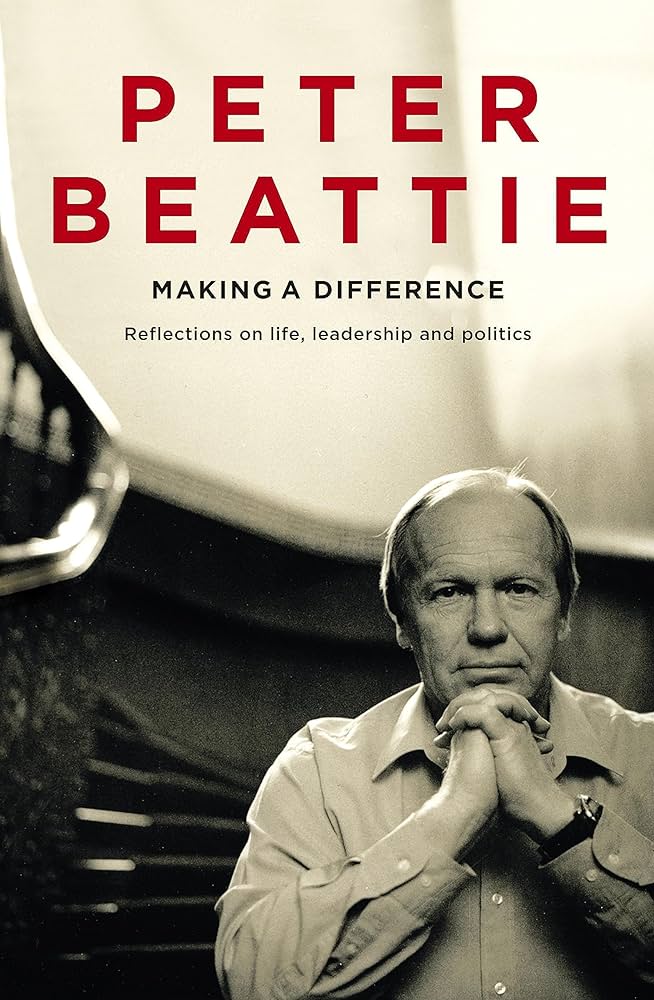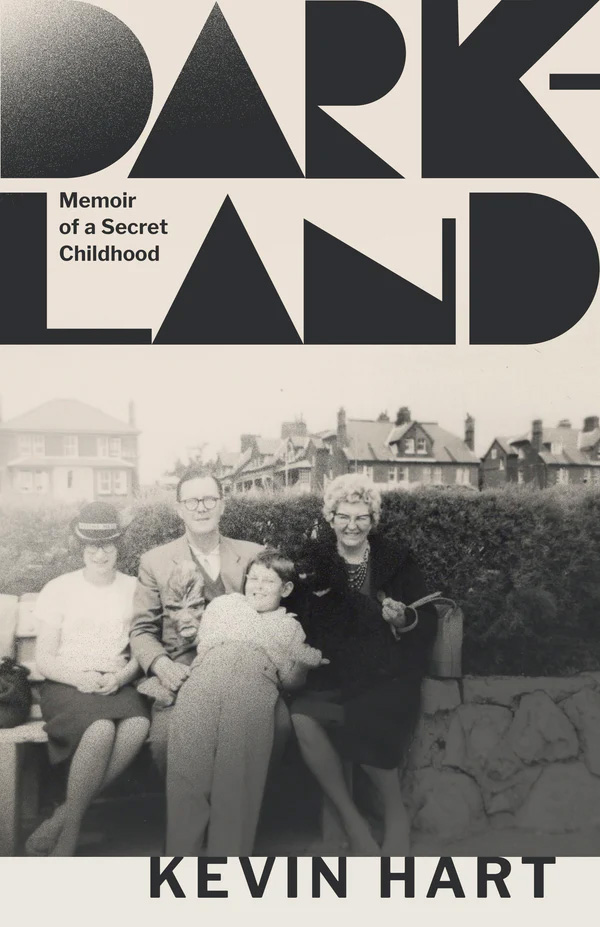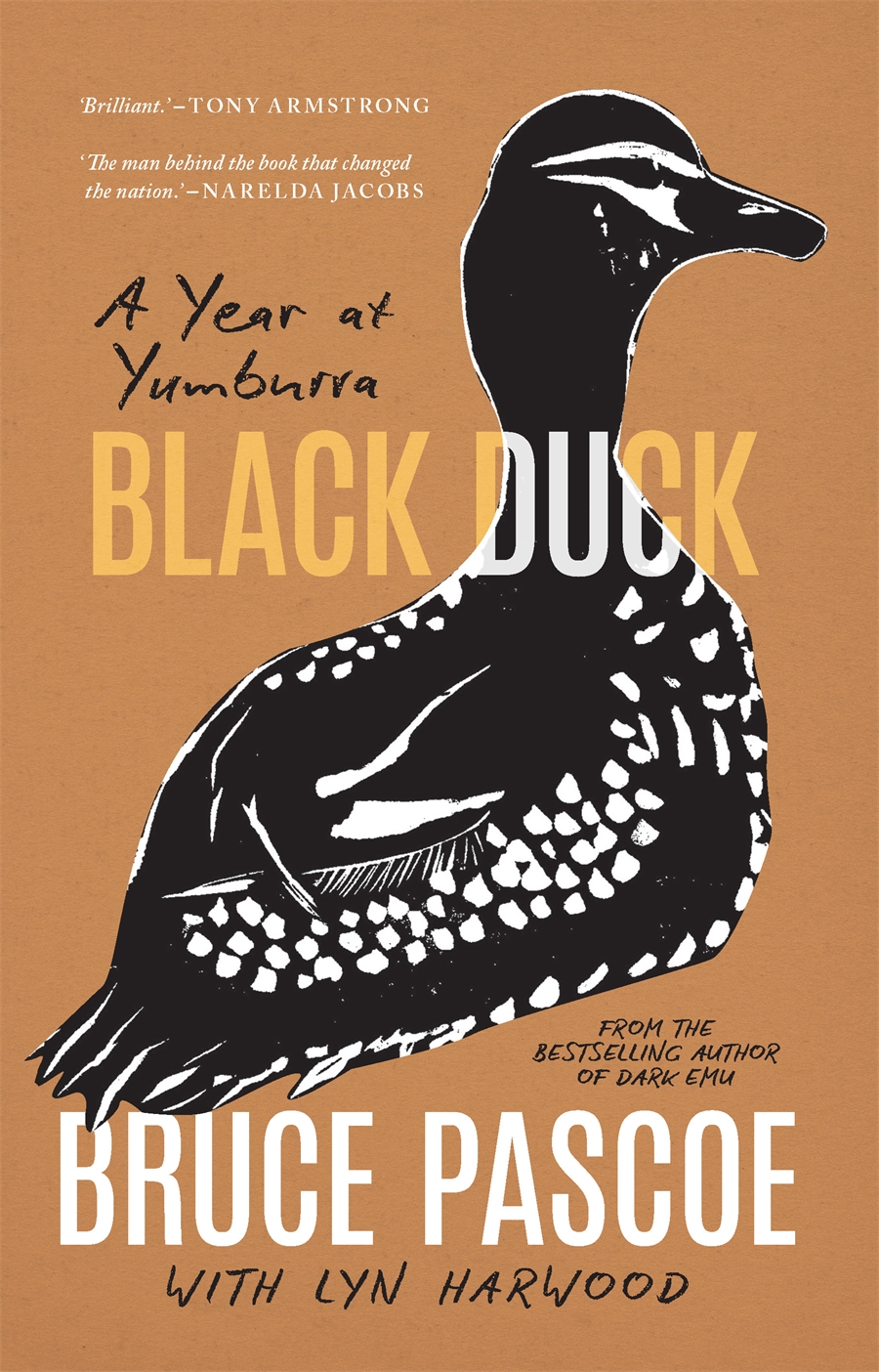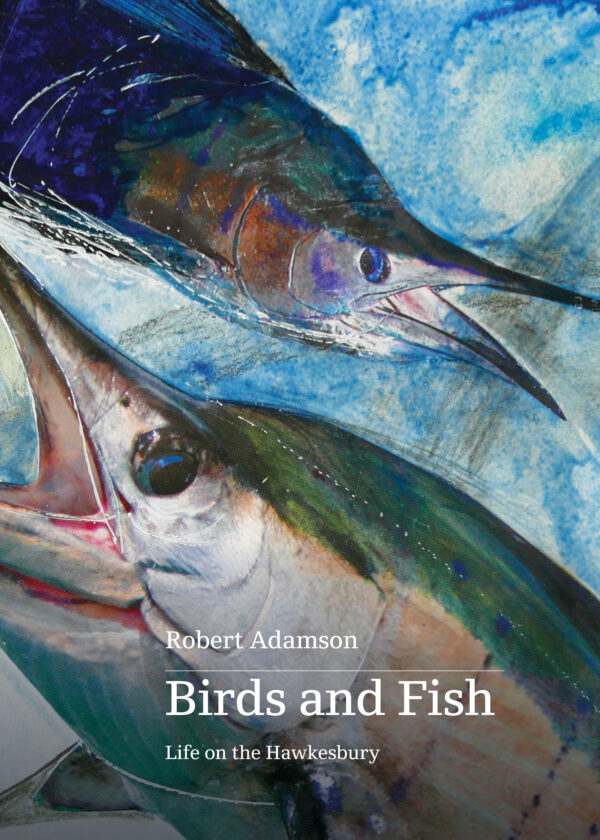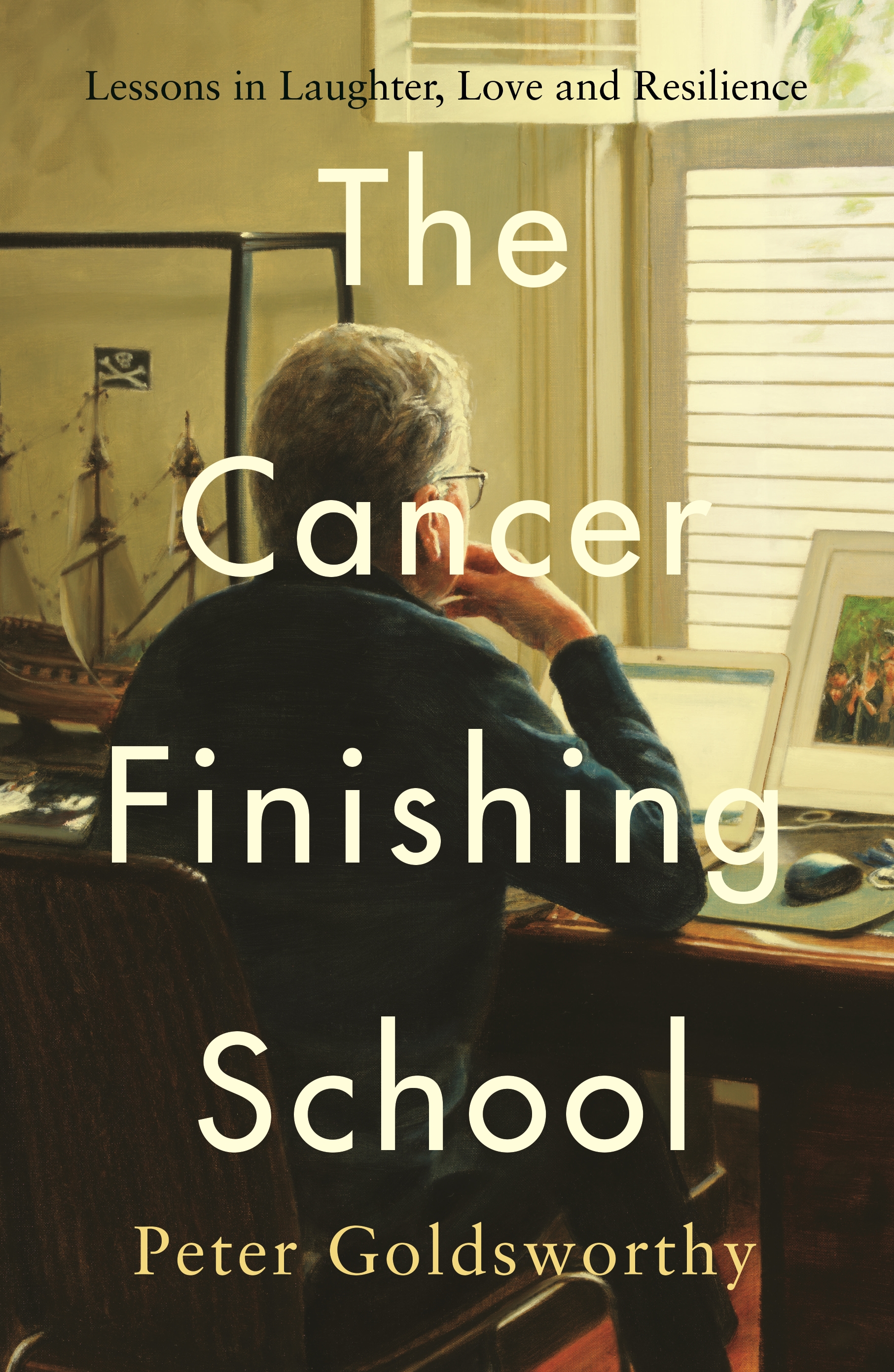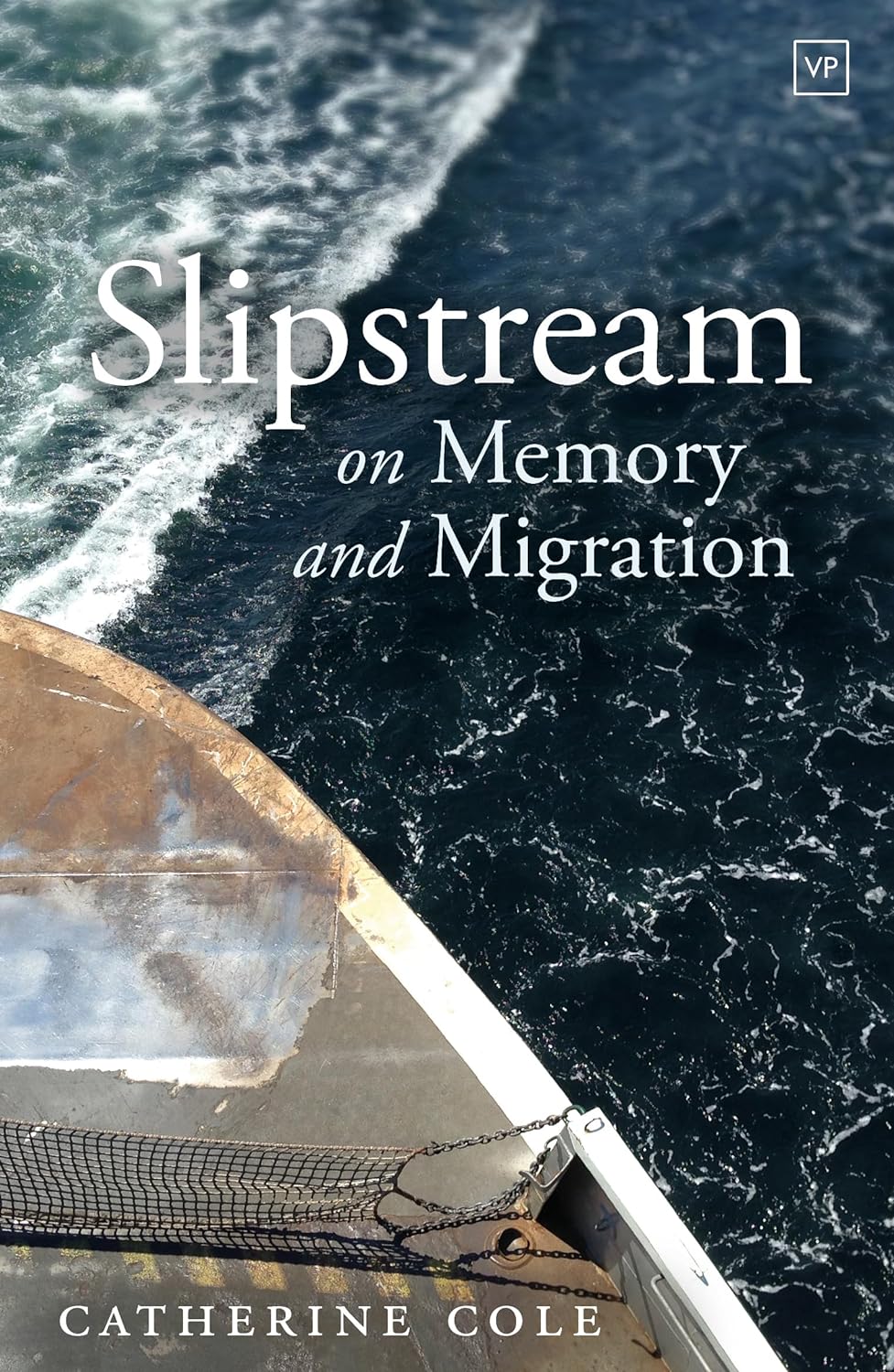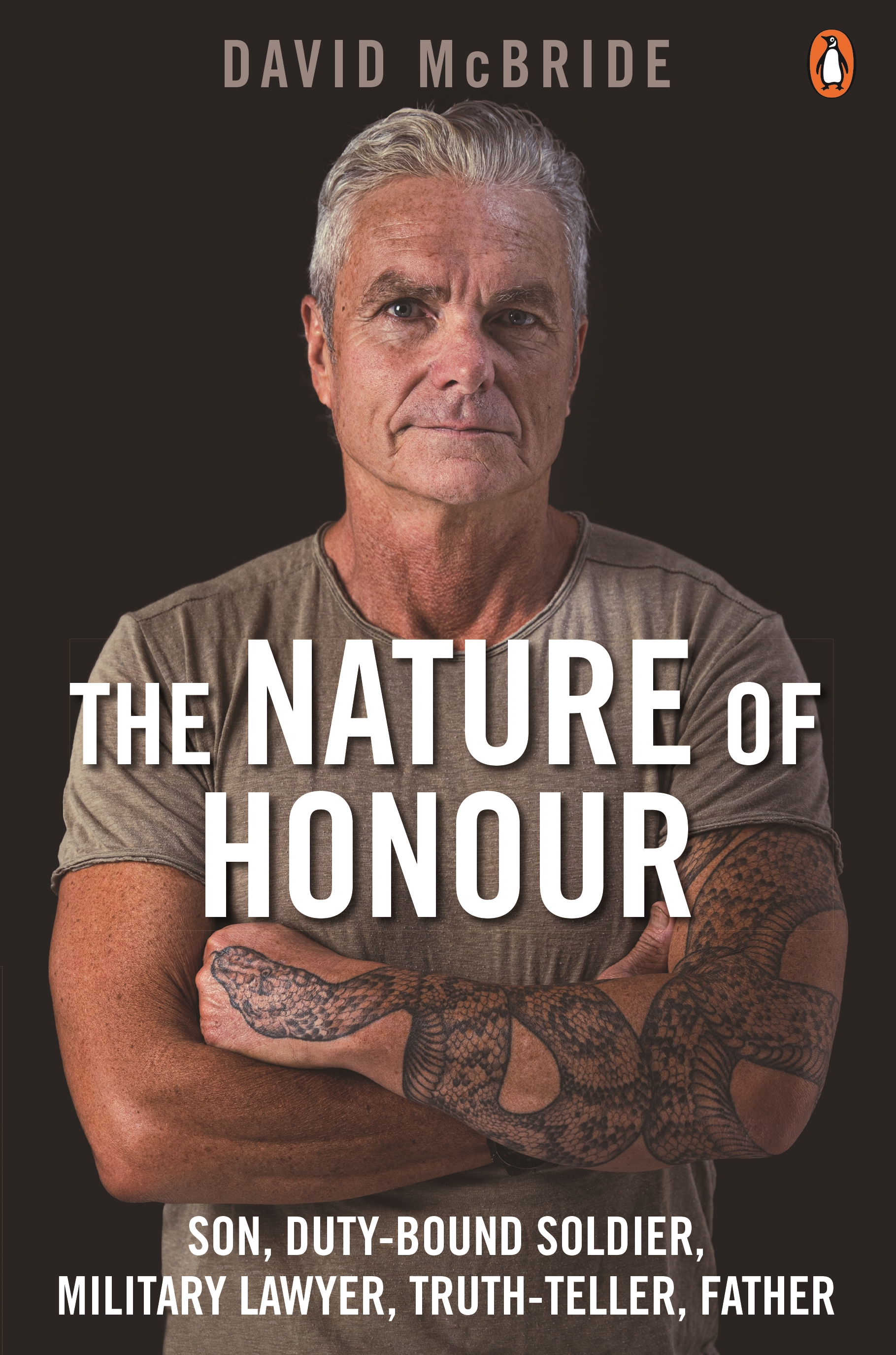Memoir
Making a Difference: Reflections on life, leadership and politics by Peter Beattie (with Angelo Loukakis)
If we adopt a charitable view about political memoirs, it is generally preferable that serving or newly departed politicians should pen their reminiscences. If they are any good, it is a bonus. To have their particular ‘take’ on events and personalities is a valuable addition to the historical record, even if such products err on the side of self-indulgence and egocentricity. Most politicians, unfortunately, take their secrets with them when they go. Moreover, to write, or collaborate in, one’s memoirs while still in public office is a remarkable achievement – undertaken only by Peter Beattie and Bob Carr in recent times.
... (read more)Kevin Hart’s Dark-Land is the memoir of a distinguished poet and scholar who was born in England in 1954, moved with his family to Queensland when he was eleven, and migrated again in 2002 to the United States, where he is currently Professor of Christian Studies at the University of Virginia. Dark-Land is well-written and amusing, with memorable vignettes ranging from his time in a London primary school to his bonding as an Australian teenager with his cat Sooty. On a wider spectrum, though, Dark-Land addresses more weighty concerns around time, memory, and intellectual or religious illumination. He recalls as a child listening to a BBC performance of the allegorical journey invoked in John Bunyan’s Pilgrim’s Progress, and he describes himself now as ‘still clambering up the hill I had known since childhood in London’. The title of his memoir signals this putative passage from darkness into light.
... (read more)Black Duck: A year at Yumburra by Bruce Pascoe with Lyn Harwood
I'm a whitefella who has never met Bruce Pascoe, but I’ve heard a lot about him. For the past few years, I have worked across Gippsland in the field of Aboriginal cultural heritage, and many of the people I meet mention his name. Experience has led me to try and dodge most of these conversations, knowing that our discussion will probably satisfy neither party, but I’m not having much luck. People want to talk about Pascoe, and often it is unpleasant. I have heard him described as a charlatan and worse, usually by those who have not met him, spoken with him, or read his work. Most of these critics are whitefellas, preoccupied with questioning or discrediting his Aboriginal heritage.
... (read more)The opening pages of Knife give an account of the attempted murder of Salman Rushdie at a speaking engagement in upstate New York on 12 August 2022. His assailant charged out of the audience and onto the stage, where he attacked the author, using one of several knives he had brought along, for exactly twenty-seven seconds. Rushdie is precise about that detail, which one imagines is rather a long time if you are being stabbed. By the time he was restrained, the would-be assassin had seriously wounded Rushdie’s left hand, punctured his torso multiple times, slashed his neck, and stabbed him in the right eye deeply enough to destroy the optic nerve.
... (read more)Birds and Fish: Life on the Hawkesbury by Robert Adamson, edited by Devin Johnston
In the year leading up to his death, the poet Robert Adamson (1943-2022) gathered together a selection of his work that focused on one of his enduring passions: the birds and fish of the Hawkesbury River, beside which Adamson lived much of his life. Adamson was best known for exploring this passion in poetry, but the pieces collected in this new book are works of prose and include selections from Adamson’s autobiography Inside Out (2004), and from his late collection, Net Needle (2015). They also include material that is likely to be less familiar to readers, pieces published in the magazine Fishing World, and extracts from a journal Adamson kept between 2015 and 2018 titled ‘The Spinoza Journal’.
... (read more)The Cancer Finishing School: Lessons in laughter, love and resilience by Peter Goldsworthy
That doctors aren’t supposed to become incurably ill is something their patients might say, and about as useless as declaring that dentists are forbidden from contracting toothache or that undertakers should live forever – seeing other people out, not themselves.
... (read more)A Memoir of My Former Self: A life in writing by Hilary Mantel, edited by Nicholas Pearson
In the title piece of this posthumous selection of reviews, criticism, essays, and journalism, Hilary Mantel describes how she once visited an irritating psychic she nicknamed ‘Twerp’ in order to guide her back to her former self: ‘I didn’t necessarily think I had a past life, but I wanted to know how it would feel if I did.’ Her former self turns out to have been a ‘miserable illegitimate infant’ called Sara, born to a family of millworkers in the north of England. Sara isn’t an unlikely candidate: Mantel’s mother worked in a cotton mill from the age of fourteen, as did her maternal grandmother, who left school aged twelve; Mantel’s great-grandmother had been illiterate. Mantel comes from ‘a long line of nobodies’. All that ‘Twerp’ wants to ask Sara is whether or not she is courting, when the real love of Sara’s life is Billy, her white bull terrier. ‘If Sara had slapped him,’ Mantel wonders, ‘what sort of a defence would I have had to a charge of assault?’
... (read more)Slipstream is both a memoir and an essay on migration. It hangs upon the story of one family, who migrated from Yorkshire (where this book was published) to Sydney in 1949. The narrator was their first-born in the new land and, as she tells it, her life has been one of constant oscillation, both emotional and physical, between England and Australia. It is a tale of her parents’ ‘exile’ and her ‘returns’ – to the country she only ever knew in stories, as she was growing up, but which became ingrained in her imagination.
... (read more)Sean Turnell is an Australian economist who was detained by Myanmar’s military regime from February 2021 until November 2022. An Unlikely Prisoner, his account of the ordeal, has quite a personal tone as he relates his struggle with unjust imprisonment by a regime whose hallmark was ‘a mix of the needlessly brutal, the petty, and the incompetent’. This personal story is also mixed with politics, for Turnell has an insider’s view of Myanmar’s ongoing struggle for freedom, one of the great dramas of modern Asian history.
... (read more)The Nature of Honour: Son, duty-bound soldier, military lawyer, truth-teller, father by David McBride
Sometimes, for the faithful, it doesn’t do to look too closely into the life of your chosen idol. Saul of Tarsus had been an enthusiastic persecutor of Christians before his spiritual detour en route to Damascus. St Camillus de Lellis, patron saint of nurses and the sick, to whom we owe the symbol of the red cross, spent his early life as a con man, a mercenary, and a compulsive gambler – little wonder he went far in the Church. Where our secular martyrs are concerned, matters become still murkier. Mahatma Gandhi tested his chastity by sleeping naked with nubile young women and girls – one of whom was his grand-niece. And as for Julian Assange ...
... (read more)

